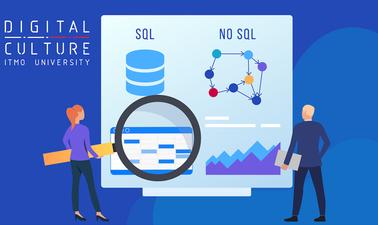MOOC List is learner-supported. When you buy through links on our site, we may earn an affiliate commission.

MOOC List is learner-supported. When you buy through links on our site, we may earn an affiliate commission.
This course is an introduction to initial data processing. We will start with data types and sources, methods of data preparation: cleaning, filling in the missing values, data smoothing and normalization. The course will familiarize you with the descriptive statistics and data visualization methods. You will also learn how to analyze time series and find trends.
Get acquainted with the fundamentals of data storage and access: databases types, relational and NoSQL databases, big data initials.
No previous programming knowledge needed.
This course is part of the Data Processing and Analysis Professional Certificate.
What you'll learn
- Initial data processing (data cleaning and filling in the missing values)
- Data smoothing and normalization
- Data visualization
- Time series analysis
- Descriptive statistics
- Data storage and access by means of relational DBMS
- NoSQL databases and Big data
Syllabus
Week 1: Data preprocessing. Basic concepts of data processing. Stages of data analysis (collection, sorting, transformation, building models and interpretation). Data measurements and scales. Data types and sources. Data preparing.
Week 2: Data processing tools and visualization. Digital spreadsheets. Data visualization goals. Methods and purposes of correct data visualization.
Week 3: Data processing. Descriptive statistics. Data normalization and transformation. Time-series analysis and forecasting. Types of time-series smoothing. Trends, seasonal time series modelling.
Week 4: Relational databases management systems. Introduction to relational DBMS starting from relational data model. SQL statements and queries creation. Database indexes and transactions requirements.
Week 5: NoSQL. Main characteristics of not only SQL databases. Non-structured and semi-structured data and scalability of NoSQL databases. Types of NoSQL databases: column-oriented, key-value store, document store and graph databases.
MOOC List is learner-supported. When you buy through links on our site, we may earn an affiliate commission.
MOOC List is learner-supported. When you buy through links on our site, we may earn an affiliate commission.
